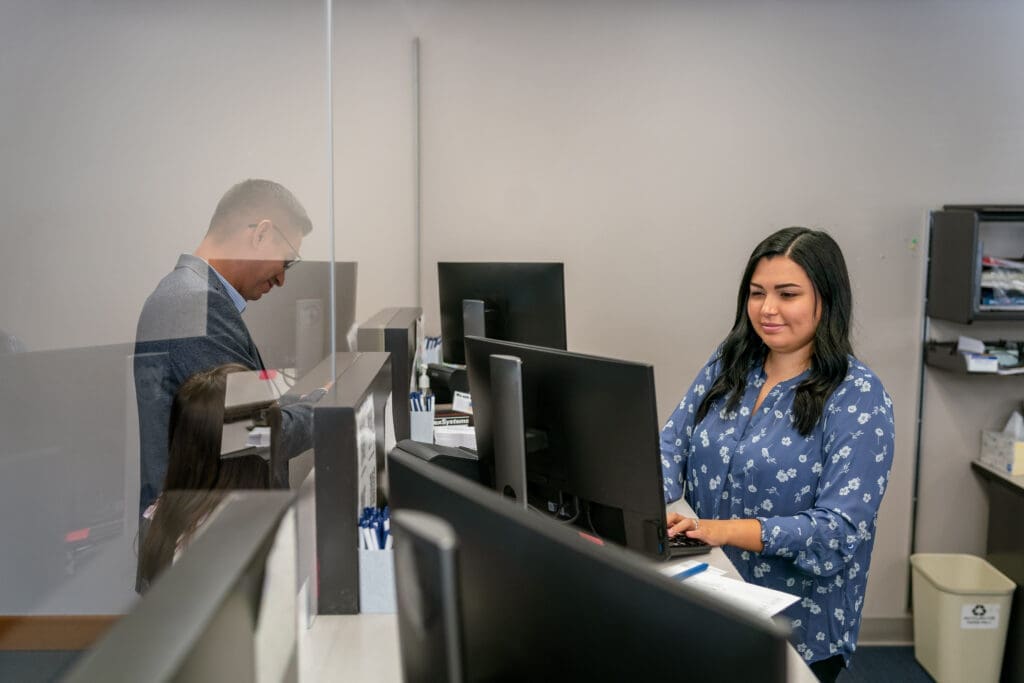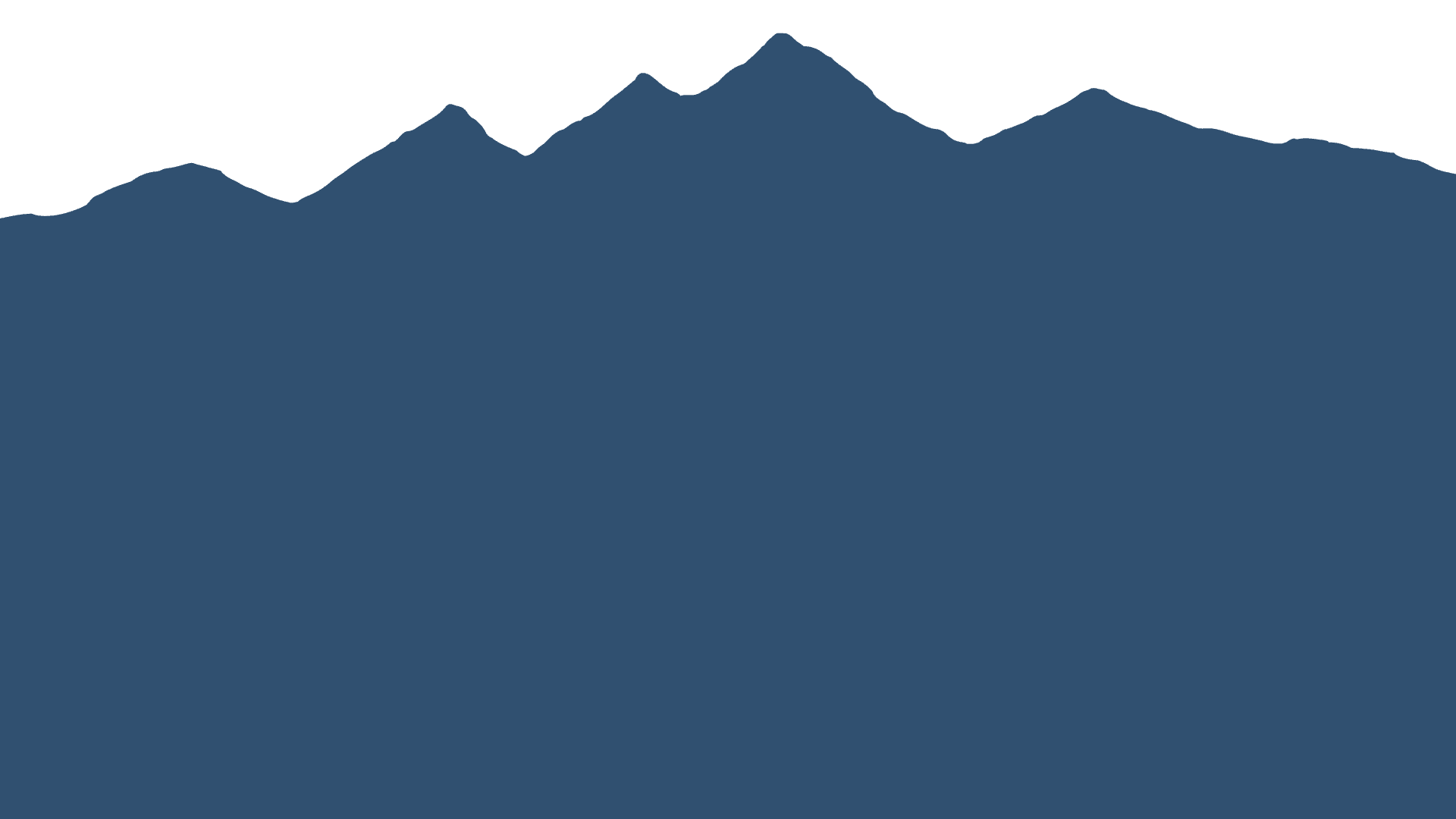Start Your Journey Today!
Medical Billing &
Insurance Coding
Become a Behind-the-Scenes Hero as a Medical Biller and Insurance Coder

Overview
Healthcare isn’t just about what happens in exam rooms. So much of the medical industry relies on the behind-the-scenes work done by medical administrative professionals and records specialists, like medical billers and coders. This in-demand profession serves as the bridge between healthcare facilities and the insurance industry, tasked with responsibilities that include assigning diagnosis and treatment codes, monitoring billing and payments, and expediting patient reimbursements.
What Is a Medical Biller and Insurance Coder?
Medical billing and insurance coding specialists are tasked with classifying and entering patient medical information using numerical coding systems like the ICD. They are a key member of the healthcare team, working with nurses and other front-line healthcare professionals to clarify diagnoses, maintain an open flow of communication, and ensuring accuracy so that everything can be properly recorded and billed. It is vital that our electronic medical records and information are maintained with precision and absolute integrity so that patients can get the care they need when they need it. They can also sometimes serve as gatekeepers of patient healthcare information, ensuring only those with the proper authorization can retrieve, scan, and transmit those records.


What Does a Medical Biller
and Insurance Coder Do?
As a medical biller and insurance coder, your daily tasks will include things like:
- Reviewing patient records for completeness and accuracy
- Using classification systems to assign clinical codes for diagnoses, procedures, medical services, and more
- Maintaining and retrieving records for insurance reimbursement
- Recording data for collection, storage, retrieval and reporting through electronic health record systems
- Ensuring the confidentiality of patient records
- Serving as a liaison between medical providers and facilities and billing offices
How Do I Become a Medical Biller
and Insurance Coder?
For anyone interested in working in the medical billing and coding field, the first step is to enroll in a formal, accredited program like the one offered here at Summit College. California, like many states, require medical coders to pass specific certification exams from national organizations like the National Healthcareer Association or the AAPC. The best way to prepare to earn these certifications is through hands-on training guided by real, experienced industry professionals.
On top of that, medical billers and coders need to be:
- Detail-oriented — Medical records requires a very precise eye when it comes to verifying and coding patient information
- Highly ethical — Handling healthcare information requires discretion and a strong commitment to integrity
- People-oriented — While less patient-focused than some positions, medical coders still need to be able to work with many people within the medical field
Why Should I Train at Summit College?
Becoming a medical biller and coder means you could have great long-term job prospects and a career you can feel good about that has you working to help others as part of a healthcare team. And Summit College can help you get the training and skills you need. We’ve been doing it since 1991 — it’s practically in our DNA. We believe we’re in this together with every student, you’ll get all the support and encouragement you need every step of the way, even after graduation.


- Fast track your career: At Summit, we understand that a lot of people want to start working in their chosen field sooner than later. That’s why we’ve designed a consolidated and effective curriculum. You can complete the Medical Billing and Insurance Coding program in as little as nine months.
- Professional faculty focused on your success: Your instructors have all done the job you’re training for and use their experience to prepare you for real-world situations. They’ll help you better understand the fixtures, tools, and components you’ll be working with, giving you confidence to succeed.
- Comprehensive curriculum: Your curriculum goes beyond the skills and basics, specially structured to prepare you for the necessary licensures and certifications you’ll need to work in today’s field.
- Support throughout your program: Benefit from free tutoring, a Learning Academy with a career lab and career services that include resume assistance, mock interviews and workshops.
What Will I Learn in a Medical Billing and Insurance Coding Program?
Our Medical Billing and Insurance Coding program gets you started off right in your new career by teaching you the fundamentals of medical insurance claims, patient billing and payments, proper coding of medical procedures and services, and how to accurately expedite reimbursement for patient services. All of your classroom and lab work is paired with an externship designed for students to demonstrate the skills and knowledge gained throughout the program.
Our curriculum emphasizes vital, on-the-job skills, like:
- The terminology used in various medical specialties, as well as common medical abbreviations, the basic structure of the human body, and the study of major organs
- Keyboarding and computer techniques, and introduction to medical computer software and applications, including acronyms commonly used in health/medical facilities and procedures for completing forms
- The basics of health insurance, medical reimbursement, the different types of policies and coverage, patient payment responsibilities, submission, electronic claims, data entry, and more
- How to process transactions, enter procedure charge transactions, record payments received from patients and insurance carriers, and enter an adjustment
- The use of the International Classification of Disease (ICD) Coding Principles and how to match procedures, evaluations, and assessments to numeric codes
- The procedural coding system, the rules and regulations that govern it, and how to code by medical specialty for proper documentation
Is Career Training Right for You?
Take the Summit College Career Training Readiness Quiz
The fun, online quiz takes 3 minutes to complete, and you’ll get a personalized report. Identify your strengths and social style plus the training and positions you’re best suited for.
What Medical Billing and
Insurance Coding Classes Will I Take?
Summit’s Medical Billing and Insurance Coding program consists of seven different courses, or modules, that combine both classroom and hands-on lab work. You’ll take:
Body Systems/Levels of Organization
Medical Applications
Law and Ethics in Health Care
Understanding Health Insurance
Electronic Health Records
Classification of Diseases
Procedural Coding
The program is capped off by a 160-hour externship where you can put your skills to practice in a real-world setting.


What’s the Career Outlook for Medical Biller
and Insurance Coders?
The demand for skilled medical billers and coders is on the rise and expected to continue to grow. According to California Employment Trends*, jobs for medical records specialists in the state are expected to grow by 10% — twice the national average for all occupations — through 2030.
*California Employment Trends: 29-2072.00 – Medical Records Specialists
Where Do Medical Billers
and Insurance Coders Work?
Throughout the healthcare system, you’ll find job opportunities for trained and qualified billers and coders. When you graduate, you can look for opportunities with:
- State, local, and private hospitals
- Physicians’ offices
- Specialty clinics
- Urgent care centers
- Nursing and residential care facilities
- Administrative and support service organizations
Medical Billing Career Opportunities
Graduates of Summit College’s Medical Billing & Insurance Coding program can seek employment in just about any healthcare facility out there. You’ll be qualified to work in hospitals, doctors’ offices, nursing homes, urgent care clinics, clinical labs, and more!


What Happens After I Complete My Medical Billing and Coding Training?
Once you’ve successfully completed your Medical Billing and Insurance Coding training, your next step will be to sit for your certification exam. Most employers will be looking for you to hold one of the following certifications:
- Certified Billing & Coding Specialist (CBCS) from the National Healthcareer Association
- Certified Coding Associate (CCA®) from the American Health Information Management Association
- Certified Coding Specialist (CCS®) from the American Health Information Management Association
- Certified Professional Coder (CPC®) from the AAPC (American Academy of Professional Coders)
Once you’ve earned the necessary certifications, Summit has a dedicated Career Services department that can help you with preparing your resume, practicing for interviews, and finding potential job openings. You can also register with CalJOBS if you’re interested in posting your resume online for interested employers.
Become a Medical Billing and Insurance
Coder at These Summit College Campuses
San Bernardino
804 East Brier Drive
San Bernardino, CA 92408